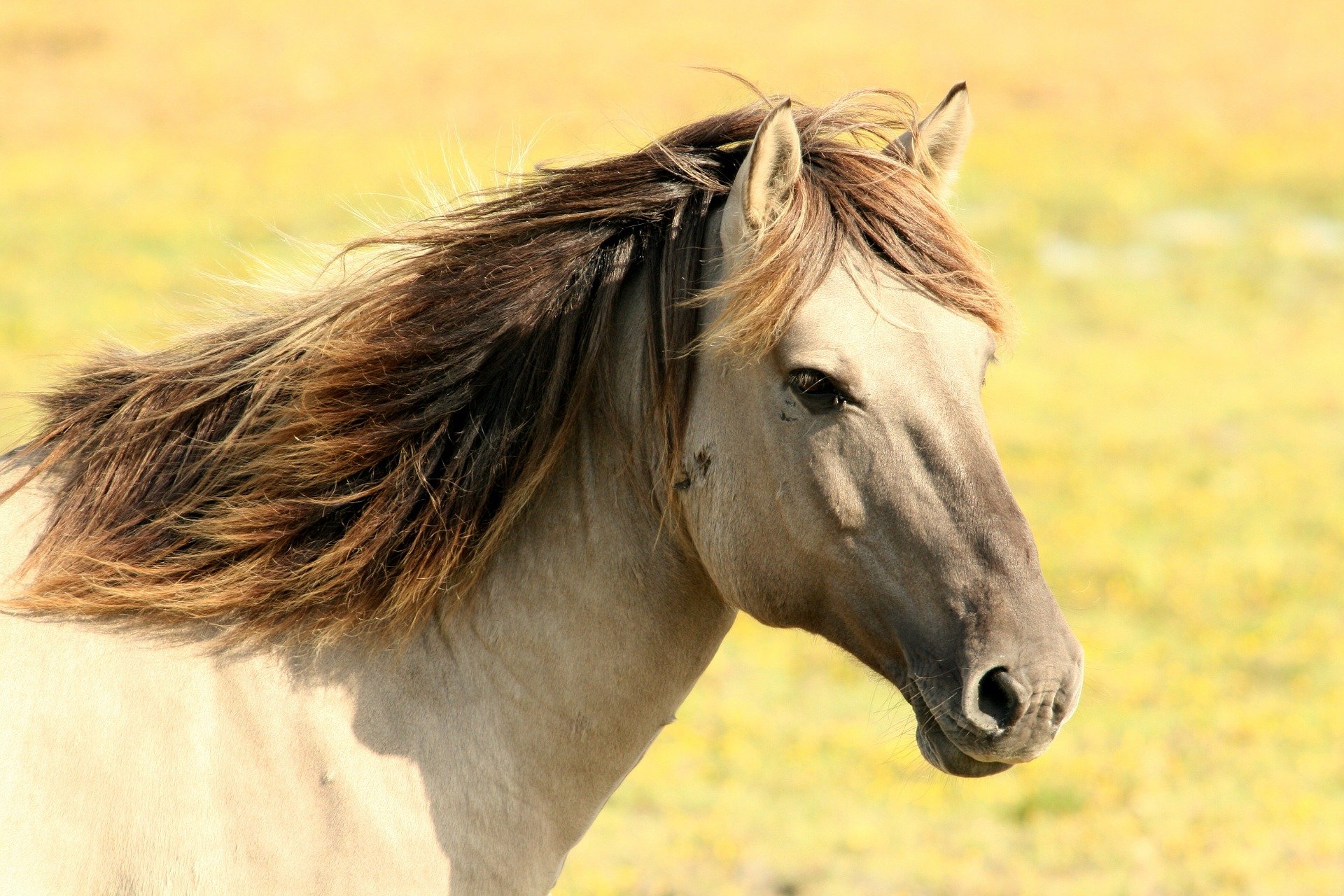The body condition of the horse is not always easy to control. Some horses find it very difficult to gain weight, while others become overweight easily. In both cases, this can be very detrimental to the health of the horse. Many horses and ponies can be prone to obesity, but with the right diet and exercise, your horse will be able to reduce his overweight.
The risks of being overweight
An overweight horse is at risk for many health problems. In particular, an overweight horse can suffer from laminitis (a very painful condition that affects the horse’s limbs), cardiovascular disease, colic, Equine Metabolic Syndrome (EMS), etc. For all of these reasons, an overweight horse must be monitored very closely and treated quickly.
What diet for an overweight horse?
The nutrition of horses is a delicate subject, as they differ so much in their energy needs. If your horse is overweight, start by evaluating the energy level of his ration, assess his weight and in a very simple way using the INRA tables, see if the ration is adequate. It is the balance between his weight, the intensity of the work required and the energy level of the overall ration (including hay) that you should look at. The ideal is to keep a light ration of concentrates (10% less rich in energy than the recommendation) with a contribution of starch reasoned in order to maintain the balance in vitamins, minerals and trace elements for your horse and to increase the dose of work. The Royal Horse horse food proposes diversified ranges of complete horse food which correspond to the energetic needs of any type of horse, but which have all in common to bring all these nutriments in sufficient quantity to your horse.
However, keep forage in the horse’s diet. Horses are herbivores and their staple food is forage. If possible, choose a fibrous forage that was harvested late in the heading stage. It is high in fiber, but not in sugar. The amount of fiber your horse receives per day should correspond to 1 or 1.5% of your horse’s body weight (e.g. 7.5 kg of hay for a 500 kg horse). To reduce its soluble sugar content, soak your horse’s hay ration for several hours before serving it to him (16 hours of soaking causes him to lose 22 to 60% of his soluble carbohydrates!)
You can also switch your horse to a shavings bedding, so he won’t be able to compensate for his diet with a large intake of straw. If you can’t switch to shavings, we recommend using a hay net to slow down the time it takes to ingest the forage. This way, your horse will absorb less straw since he will be busy with his hay rations for longer. This will also optimize his digestion time.
If your horse lives in a pasture, spring and fall are the seasons when the grass is richest in sugar, so it will be necessary to limit your horse’s access to pasture during these periods, reduce the surface area of the pasture, or have him carry a basket for several hours a day to avoid too much grass ingestion. These intervals should be kept small, as the horse’s digestive system is not designed to fast for long periods of time (the average horse spends 16 hours of the day grazing). Moreover, the horse’s stomach is rather small, so it must eat regularly.
Adjusting your horse’s work
An overweight horse lacks physical condition, but not energy. It is therefore necessary to adapt his work so that he exercises regularly and gradually increase his work time. Coupled with an adapted diet, this will help him to gradually regain a healthy weight.
If this seems too complicated, ask our technical sales representatives in your area for advice.



